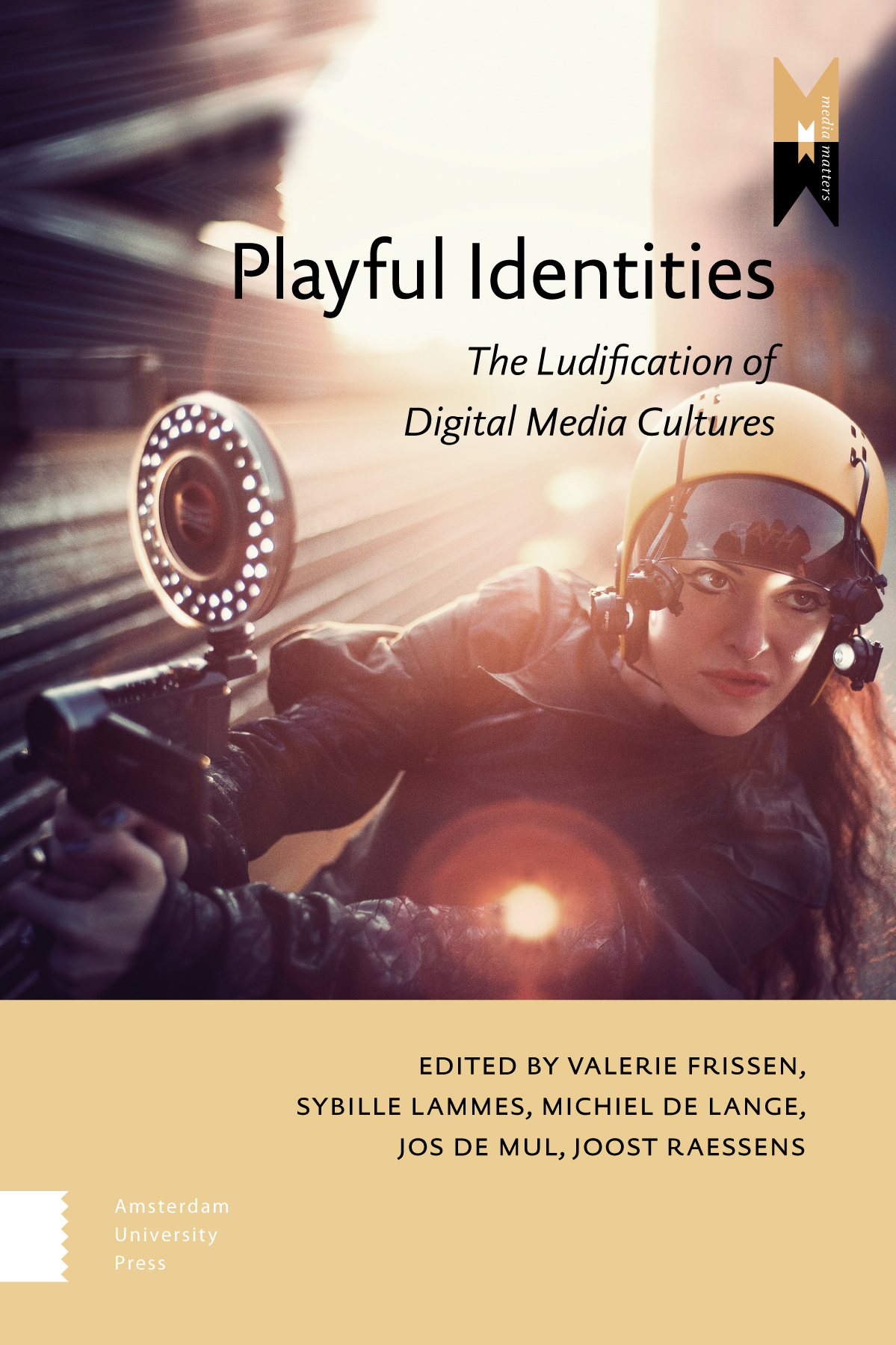Call for papers: Learning from Video Game Music
The Ludomusicology research group will be hosting the two day conference on video game audio “Learning from Video Game Music” to take place on the 9th and 10th of April, 2015 at Utrecht University. The call for proposals is open for papers on the topic of video game music and sound. Papers may contain interdisciplinary import of any type. Paper proposals are welcome from both academics and those working in the video game industry.
While all proposals are welcome, there is a particular interest in papers that support the education theme in terms of how we learn with, learn from, and learn about, video game music. Possible paper topics on this theme include:
Instrumental teaching through video games
Pedagogics of ludomusicology
Composition in video games
Music, sound design and video games in higher education
Game audio outside games
Trans-media interactions
Lessons for musicology from game music
A keynote address will be given by Karen Collins, author of Playing with Sound (2013), Game Sound (2008), and From Pac Man to Pop Music (2008). Our second keynote address will be given by David Roesner, the author of Musicality and Theatre (2014), and the leader of the Guitar Heroes in Music Education AHRC research network.
Papers should be a maximum of 20 minutes in length, with 10 minutes allowed for discussion. Shorter papers will also be considered for inclusion. Proposals should be no more than 250 words in length and sent as an attachment to ludomusicology@gmail.com.
DEADLINE FOR PROPOSAL SUBMISSION: 31 JANUARY 2015.
Organizers: Michiel Kamp, Tim Summers, Mark Sweeney.
Hosted by University of Utrecht.
Supported by The Institute for Cultural Inquiry (ICON).


